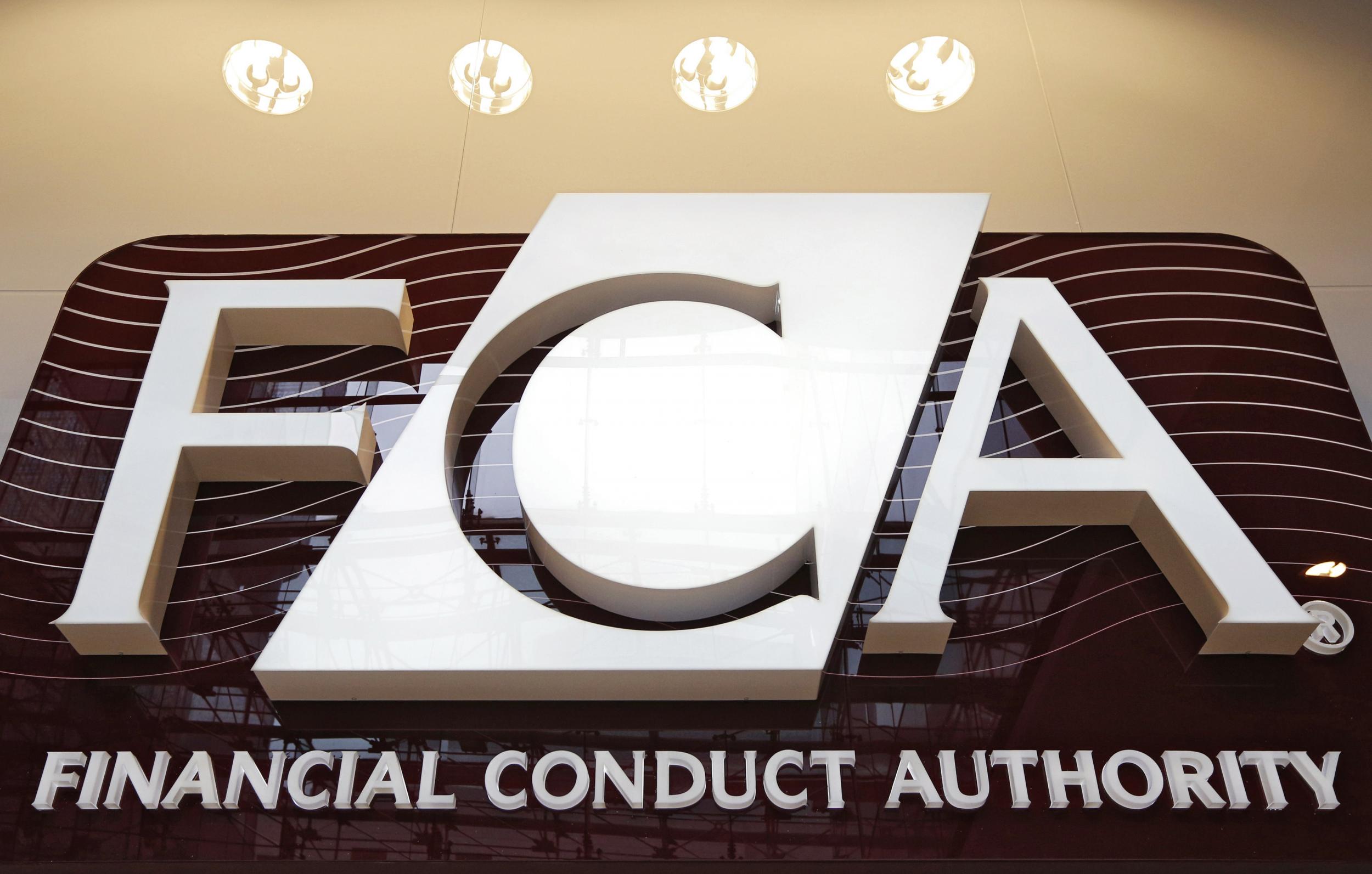Under fire FCA gets back on front foot with overdraft crackdown
Cutting fees from £5 a day to less than 20p is a good move at a time when the watchdog is taking heat over the suspension of star manager Neil Woodford's fund

Your support helps us to tell the story
From reproductive rights to climate change to Big Tech, The Independent is on the ground when the story is developing. Whether it's investigating the financials of Elon Musk's pro-Trump PAC or producing our latest documentary, 'The A Word', which shines a light on the American women fighting for reproductive rights, we know how important it is to parse out the facts from the messaging.
At such a critical moment in US history, we need reporters on the ground. Your donation allows us to keep sending journalists to speak to both sides of the story.
The Independent is trusted by Americans across the entire political spectrum. And unlike many other quality news outlets, we choose not to lock Americans out of our reporting and analysis with paywalls. We believe quality journalism should be available to everyone, paid for by those who can afford it.
Your support makes all the difference.Taking flak over the suspension of dealings in one of City star Neil Woodford's funds, the Financial Conduct Authority got back on the front foot this morning, signalling that it plans to press ahead with plans to provide relief for the millions of Britons who regularly find their current accounts slipping into the red.
Banks and building societies are to have curbs placed on what they can charge for so called “unauthorised” overdrafts.
There will be a ban on fixed fees (such as those for letters) while lenders will no longer be able to charge more for un-arranged overdrafts than they do for those that are set up in advance.
As a result, costs of up to £5 a day could fall to less than 20p. Given that many of the people who incur them are under financial stress, that can only be seen as welcome development.
This sort of policy work can take time (overdraft fees have been a sore point for years), but the FCA is, as a rule, fairly good at it.
Campaigners I have spoken to have also given it high marks for the work it has been doing on financial exclusion, for example. And prior to its overdraft reforms it had capped the interest rates imposed by payday lenders and followed up by clipping the wings of the rent to own sector.
So, good at policymaking bad at supervisory practice?
The criticism faced by the watchdog has extended beyond the Woodford mess, about which it could argue that such funds sometimes underperform and investors’ assets are still there. They’ll be able to get their money out once the fund's illiquid holdings are sold, albeit probably at a substantial discount.
Take the collapse of bond firm London Capital & Finance, whose unregulated mini bonds left thousands of people out of pocket. It has led to the creation of a judge led inquiry which will, among other things, consider whether the FCA should have intervened at a much earlier stage.
The regulator has also taken heat over the handling of complaints from small businesses about Royal Bank of Scotland’s Global Restructuring Group, and whistleblowers at Lloyds Banking Group. And there are other such examples.
Set against that is the fact that the watchdog employs 3,700 people, of whom just 900 are involved in the frontline supervision of nearly 60,000 firms. Its remit also keeps expanding. Claims management firms and funeral plans are both being added.
It begs the question: Does the FCA’s apparent slow footedness stem from its failure to effectively utilise its resources? Or does it have enough?
Chief executive Andrew Bailey has a case to answer on the former. A couple of years ago one of his first big decisions was to set up a windy review of its mission, which really ought to have been obvious.
But it’s also true that City firms continually moan about regulatory fees and pay their lobbyists handsomely to ensure those complaints reach the ears of influential politicians.
Against that backdrop, it shouldn’t come as a great surprise that the FCA has had to promise to keep its budget flat.
There is a strong case to be made that for the watchdog to be effective it needs to be able to get more money from its charges. But it needs to demonstrate it will make good use of any new money.
Join our commenting forum
Join thought-provoking conversations, follow other Independent readers and see their replies
Comments